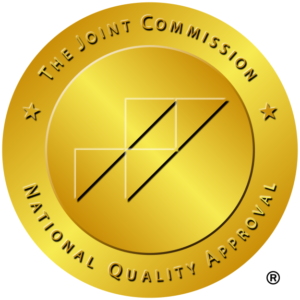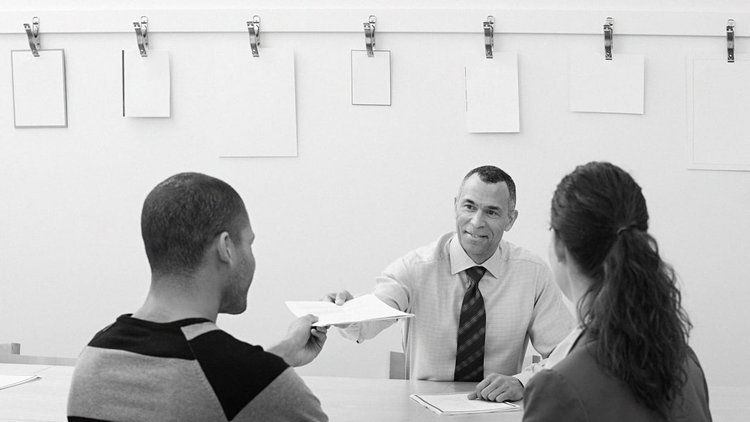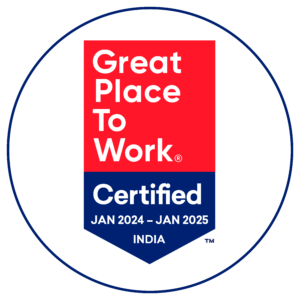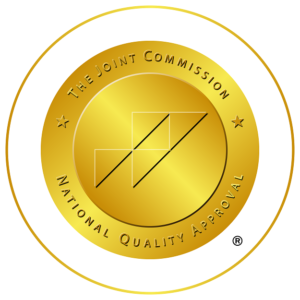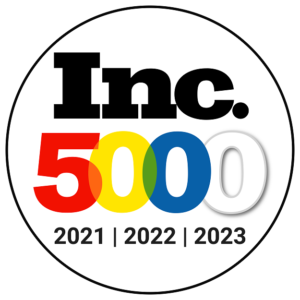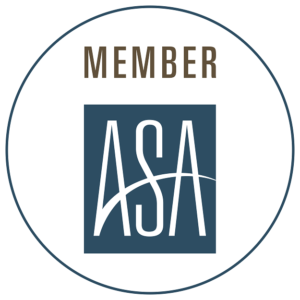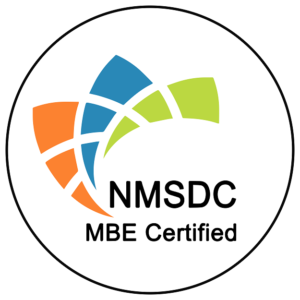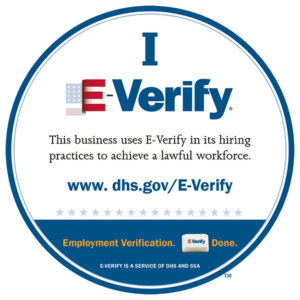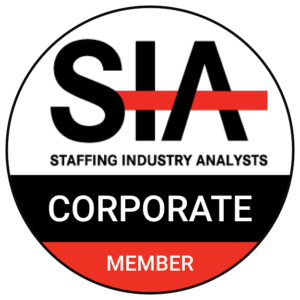How to Recover From an Interview Disaster
It’s easy to be shaken up by a high-stakes job interview, so it’s not uncommon to have a “head-smacking” moment just after you walk out the door. You know what I’m talking about: you realize a response you gave was utterly off the point, or that you completely failed to include a critical piece of information about yourself, such as the fact that you did an internship in the field you’re trying to change into. us staffing companies.
So, what should you do if you believe you’ve squandered your chances of gaining that new job? Damage control after an interview is tough since you don’t want to ruin whatever polished, calm confidence you managed to convey during the interview by pointing out a weakness the interviewer may have overlooked.
If you think some post-interview damage control is necessary, plan ahead and think it through well before contacting your interviewer in a panic.
1. Choose a strategy
Damage control is a high-risk endeavor. Some interviewers will welcome the extra detail on a question you believe you misunderstood, while others will see it as a way to attract attention to your error. As a result, it’s critical to determine whether or not the errors from your interview are relevant enough to bring up again, and whether or not doing so will benefit you. You should ask yourself a few questions to see if it’s really worth it to do damage control.
2. Don’t over analyze
It’s absolutely natural to go over every detail of an interview in your head right after the final handshake: Did you remember to put a smile on your face? Is it okay to ask questions at the end? Did you come across as a total control freak, or did you genuinely indicate that you’ve been working on your delegation skills?
As you think more about each question and answer, it’s likely that you’ll start focusing on little errors you think you made, such as how your voice shook slightly when you talked about your flaws or how unclear your five-year goals were.
3. Can you recover by sharing additional info
Being able to recover quickly is one of the most important aspects of damage control. If you can add further information in a few phrases to clarify things, that’s great! You’re all set to go. Your chances of success drop drastically if your explanation requires pages of writing or a long phone call. Hiring managers don’t have time to read a two-page essay, especially after speaking with you in person earlier in the day.
4. Fix-it gracefully
A quick statement in your thank you note is the easiest way to tackle an interview failure. You just have a few paragraphs to explain yourself in your follow-up email, so don’t go overboard. As a result, you should only bring up the most significant and influential errors and omissions, as we indicated above.
Another viable approach is to enlist the assistance of your references in your recovery. Contact your references as soon as you leave the interview and inform them of your progress. They should be familiar with the position you’re applying for, so all you have to do now is urge them to reveal particular details.
5. Learn from it
Learning from your misstep and preparing effectively for your next interview is the most beneficial damage control you can do. What was the main reason for your blunder? Did you become jittery and fumble your answers? Enlist the help of a friend or a career counselor to perform a few mock interviews with you. You’ll be less scared when you’re in the actual thing if you’re more comfortable answering interview questions.
Conclusion
It’s awful to mess up an interview. But, before you start apologizing, keep in mind that it’s probably not as horrible as you imagine. Even if you make mistakes, the hiring manager will notice whether you’re the appropriate match for the job. us staffing companies
So, let’s talk about emonics llc, one of the top-notch US staffing companies out there. They boast a team of experienced professionals who excel at matching skilled candidates with job opportunities in a wide range of industries

